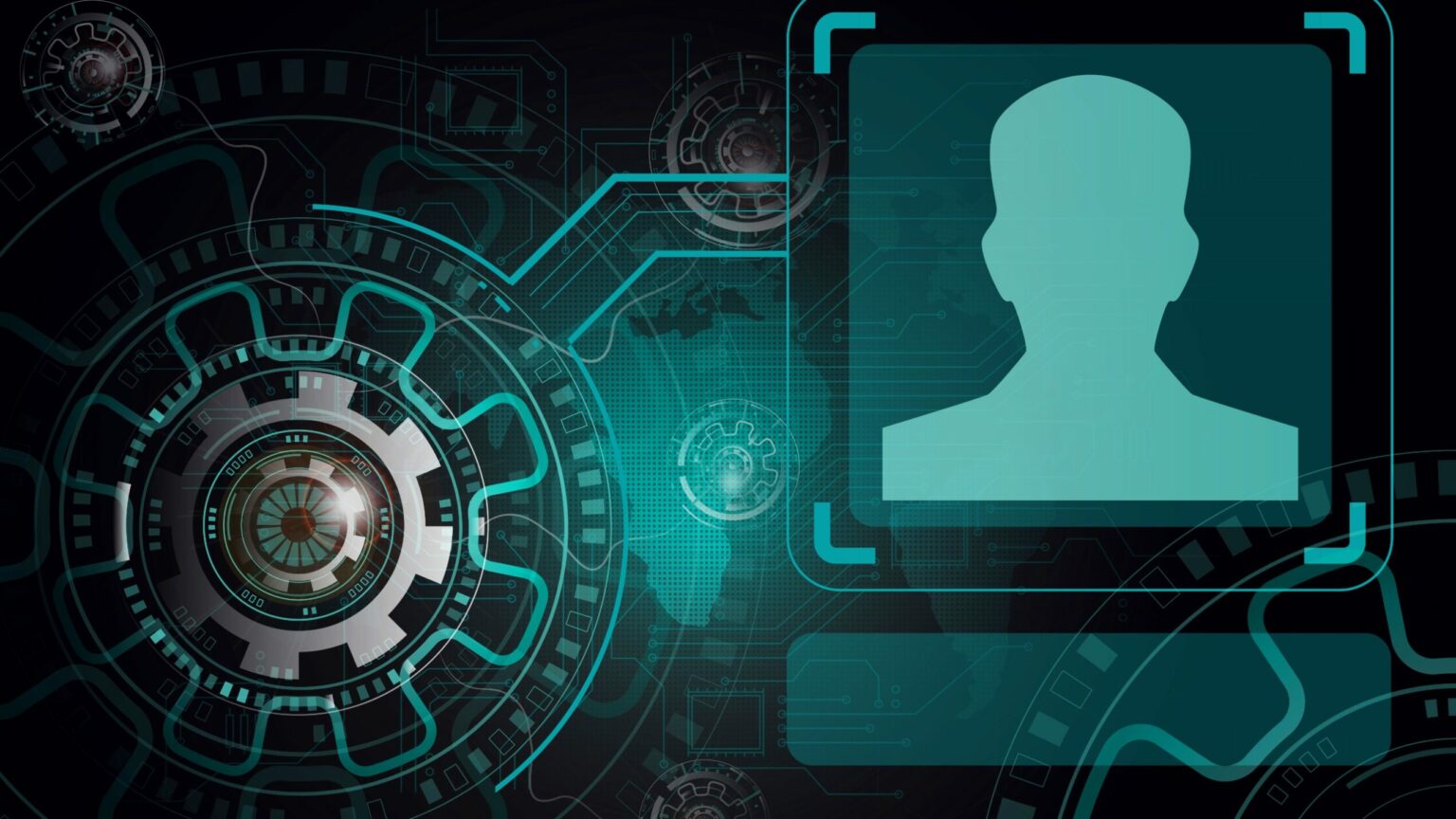Top government officials in Colombia and Israel openly disclosed that they used OpenAI’s ChatGPT in the discharge of their official duties, according to available media reports.
Israeli President Isaac Herzog, at the recently concluded cybersecurity convention held in Tel Aviv, disclosed that the introductory part of his speech was AI-generated. The President made this known while addressing the participants of the Cybertech Global Tel Aviv 2023 through a recorded video.
Israel’s presidential speech generated by AI
In the AI-generated introductory part of the speech, Mr. Herzog expressed pride in being the country’s president. He noted that the country is “home to such a vibrant and innovative hi-tech industry.” While announcing the usage of AI-generated texts in his speech, the President described the AI as a “Special Helper.”
Some of the AI-written parts include:
“Over the past few decades, Israel has consistently been at the forefront of technological advancement, and our achievements in cybersecurity, artificial intelligence (AI), and big data are awe-inspiring.
Another aspect of the speech generated by AI was:
“From the development of cutting-edge cybersecurity technologies to the establishment of successful startups, Israeli hi-tech companies have made a significant impact on the global stage.”
Meanwhile, Mr. Herzog has become the first President to openly embrace the AI technology for daily tasks. Notably, the President’s speech came around when US Lawmakers gave their first AI-generated speech.
ChatGPT aids Colombian Judge’s judgment
Meanwhile, a Judge in Colombia has stirred controversy over his use of the popular AI program ChatGPT to decide his verdict.
The Judge consulted the technology to understand whether an autistic child’s insurance should cover his medical bills. However, the Judge’s decision was not based solely on the AI’s result but also on precedent from previous court rulings.
Following his consultation, Judge Juan Manuel Padilla ruled that the insurance should cater to the child’s medical and transport expenses.
Meanwhile, the controversies surrounding this ruling are centered around the applicability of AI in law. While some commend the development, others worry about AI’s ability to present compelling wrong answers. Some other people are also concerned AIs may take people’s jobs.
Justifying his action, Judge Padilla said that the use of technology could improve the effectiveness of the country’s legal system.
Officials reject the notion that AI can replace humans
The two government officials poured cold water on the possibility of artificial intelligence replacing human jobs.
In an interview, Judge Padilla said that AI does not affect the jobs of a judge. According to him, though AI can be used to draft texts, they are not aimed at replacing judges. He emphasized that questioning the Chatbot does not make them less human.
The judge added that the AI only does the job of a secretary in a more organized and structured way. He noted that this could improve response time in the judicial system.
Similarly, the Israeli President, Isaac Herzog, emphasized that AI is not ready to replace humans. According to him, lines of code would never replace sequences of DNA. He added that hardware and software can never replace “human ware.”









 and then
and then